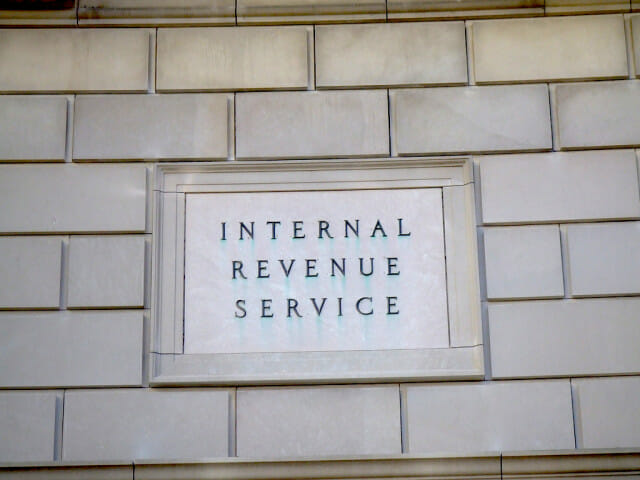When it comes to marijuana and taxes, there is no bigger buzzword than “280E.” However, there is still a lot of confusion about what exactly 280E is and does. In reality, section 280E is a single sentence of the Internal Revenue Code. It states:
“No deduction or credit shall be allowed for any amount paid or incurred during the taxable year in carrying on any trade or business if such trade or business (or the activities which comprise such trade or business) consists of trafficking in controlled substances (within the meaning of schedule I and II of the Controlled Substances Act) which is prohibited by Federal law or the law of any State in which such trade or business is conducted.”
Section 280E was passed by Congress in 1982 in response to a case where the Tax Court ruled that a taxpayer could deduct expenses relating to his sales of cocaine, amphetamine, and marijuana. Deductible expenses included the costs of packaging, travel, and even scales used to weigh the illegal substances. However, this is no longer possible in the world of 280E.

So what does this mean for those currently operating or looking to form a marijuana company? Normal business expenses such as rent, advertising, and employee salaries won’t reduce your taxable income unless they can be allocated to Costs of Goods Sold (COGS). For marijuana growers, COGS includes expenses directly related to production of the plants, such as the seeds, electricity, and labor that went into growing and preparing the flowers for sale. For marijuana dispensaries, COGS is much more restrictive, and generally includes only the amount they paid for the cannabis products they sell plus a few additional allocations.
Much like the rest of the industry, marijuana tax laws and policies are constantly changing. For a while, many tax accountants and attorneys advised their clients to include a generous amount of expenses in COGS to reduce taxable income. However, in January of 2015, the IRS released Memo. 201504011 that clarified what types of costs could be allocated to COGS, further limiting the ability of marijuana businesses to reduce their federal tax rates.
For now, this single sentence is still largely up to interpretation and is even causing headaches for the IRS themselves. As more and more states legalize cannabis for medical and recreational use, more and more companies are being subject to the 280E bite. Some free advice for all you ganjapreneurs – get your books in order, keep good records, and remember that the IRS is years behind in audits, so just because you haven’t been audited for your last year’s return does not mean you won’t be hit with a large tax bill a few years from now.























